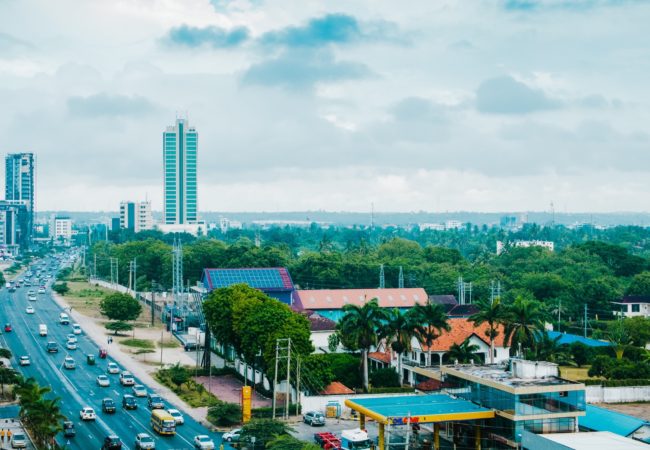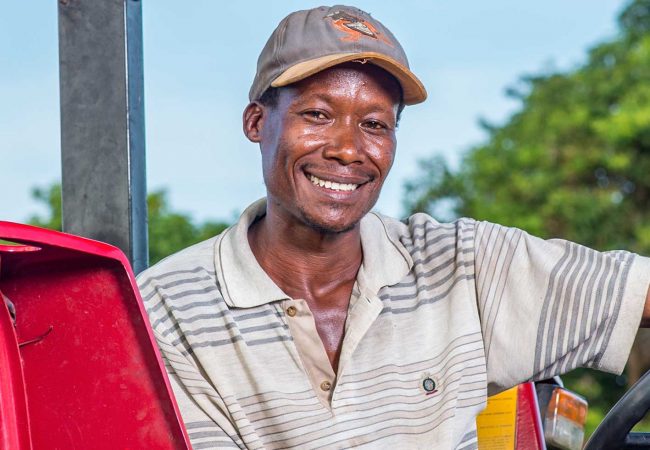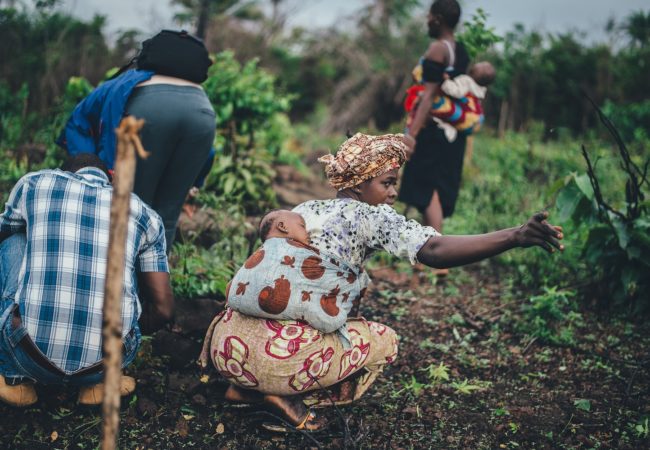What was the issue?
The study examines the role CSOs could play in coalescing highly scattered rural people in developing countries and elevating their voices in the policy arenas. It also discusses the type of ecosystem needed for the mushrooming of CSOs that cater to the specific needs of rural people.
What process was used to ensure Smallholder Voices (SHV) were heard by policy makers?
All rural-based CSOs might not necessarily achieve their objectives and the study identifies three pathways that could lead to the emergence of CSOs that better serve the interests of rural people. These pathways are: independent pathways from below, collaboration between local and external civil society organizations, and state-society synergy.
What was the outcome of this process?
CSOs in different parts of the developing world have helped rural people to gain voice in the policy making processes. For instance, strong producer organizations have emerged in West Africa and they were part of the reason in driving out the government from agricultural input supply and marketing in some sectors.
What key lessons can be learnt? Is this process replicable?
The study argues that member-based and grassroot CSOs are better positioned to elevate the voice of rural people in a sustainable manner. And these features could be embedded in CSOs that are being established to serve the interests of rural people.
Is this process sustainable? What is the latest assessment of the impact of this process?
The sustainability of CSOs as a vehicle to raise the voices of rural people hinges on their internal formal and informal rules, and the commitment to enforce them. Their capacity to forge and maintain cooperation with various stakeholders also plays an important role in this regard. In addition, the socio-political environment under which they operate also determines their success. as a champion of the cause of rural people.
Download Case Study




0 Comments